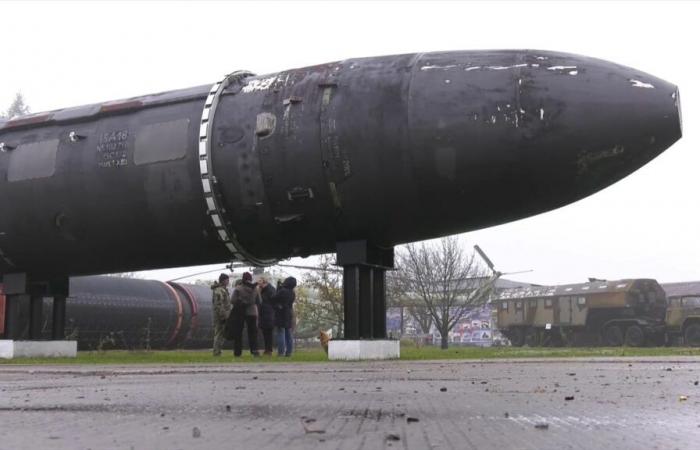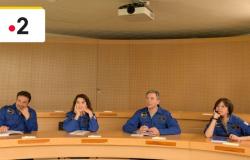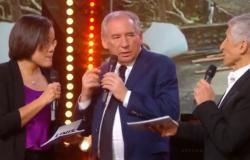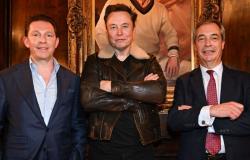While Ukraine has been plunged into open war against Russia for more than 1,000 days, the question of a Ukrainian nuclear deterrent is sometimes raised. Many regret the transfer of the Soviet arsenal to Russia.
It’s been almost three years since Russia launched a full-scale invasion of Ukraine. Kremlin forces now control around 20% of Ukrainian territory. For its part, kyiv has been defending itself for more than 1,000 days, particularly thanks to Western military aid which is vital for its defense.
In Ukraine, many voices regret the dismantling of their nuclear arsenal. In 1994, kyiv ratified the Budapest Memoranda. This diplomatic document, also signed by the United States and Russia, provided guarantees on the territorial integrity of Ukraine against the withdrawal of nuclear weapons from Ukrainian territory.
When the USSR fell in 1991, the Soviet atomic arsenal ended up in four countries including Belarus, Kazakhstan and Ukraine.
“We find ourselves hostage to the situation”
But neither Moscow nor the United States wanted to see the proliferation of countries with nuclear weapons. “The United States and Russia forced us to give them back even though we wanted to keep them. Nobody wanted a country with so much nuclear power,” Victor, a former officer in the strategic missile forces under the USSR, from Lukashivka, north of kyiv. Dismantled rockets are still present there.
“This is the most powerful missile developed in the world. The latest Russian Orechnik missile is much smaller. It can strike at 5,000 kilometers while this one can reach 15,000 kilometers,” explains Victor.
Could France send soldiers to Ukraine?
In this village north of kyiv, the site is no longer operational, which many Ukrainians regret today. “It’s a shame because if the Russians knew that we still had these active means of defense they would have acted differently,” explains a Ukrainian refugee from Kherson.
“Whereas now, we have to ask other countries for weapons to defend ourselves from bombs and we find ourselves hostage to the situation,” regrets another.
On the front, Russia launched an “intense” counter-offensive in the Kursk region, supported by North Korean troops, according to the commander-in-chief of the Ukrainian army Oleksandr Syrsky.






